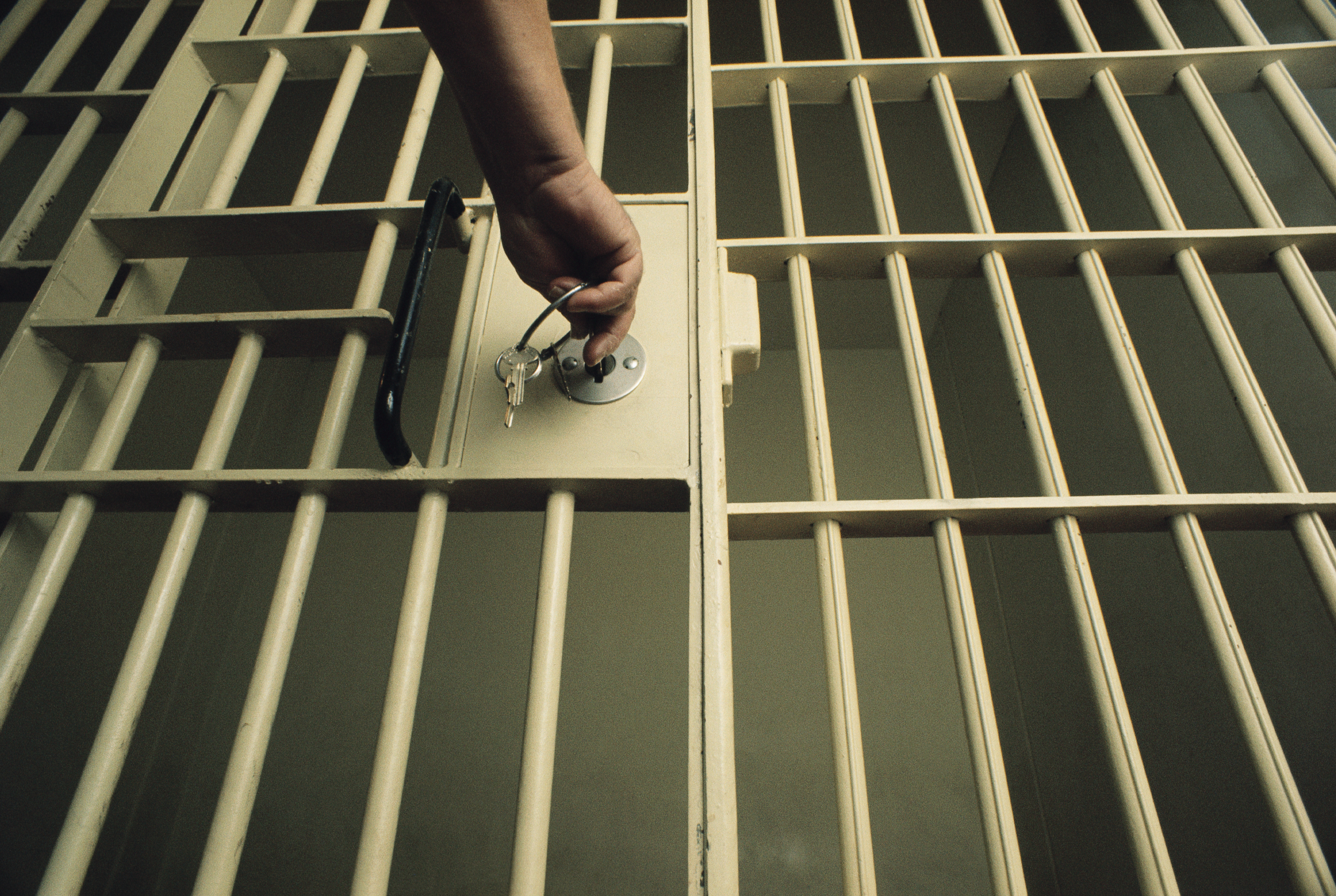A former contestant on "The Apprentice" who accused President Donald Trump of unwanted kissing and groping can move forward with her defamation lawsuit against him, a state appeals court ruled Thursday, raising the prospect that a sitting president could be called for sworn questioning.
A panel of judges on the Supreme Court Appellate Division said in their ruling, in a case brought by Summer Zervos, that the Supremacy Clause of the U.S. Constitution doesn't require trials in state court to be delayed until the president is out of office.
Citing a U.S. Supreme Court ruling two decades ago in a case involving alleged sexual misconduct by President Bill Clinton, a majority of judges on the panel said presidents can be sued in state courts over things they did that aren't related to their official duties.
"The current sitting President attempts to shield himself from consequences for his alleged unofficial misconduct by relying upon the constitutional protection of the Presidency," the judges said in an opinion written by Justice Dianne T. Renwick. "We reject defendant President Trump's argument that the Supremacy Clause of the United States Constitution prevents a New York State court — and every other state court in the country — from exercising its authority under its state constitution. Instead, we find that the Supremacy Clause was never intended to deprive a state court of its authority to decide cases and controversies under the state's constitution."
The decision, which increases the prospect that Trump could have to sit for sworn questioning in the lawsuit, was not unanimous.
Two of the five justices on the panel, Peter Tom and Angela M. Mazzarelli, said in a dissent, written by Mazzarelli, that subjecting the president to a state trial court's jurisdiction "interferes with his ability to carry out his constitutional duty of executing the laws of the United States."
Trump's lawyer, Marc Kasowitz, said he planned to appeal to New York's highest court.
U.S. & World
"We believe that the well-reasoned dissenting opinion by 2 of the 5 justices, citing the U.S. Supreme Court decision in the Clinton v. Jones case, is correct in concluding that the Supremacy Clause of the U.S. Constitution bars state courts from hearing cases against the President while he or she is in office," he wrote.
Zervos was among over a dozen women who came forward during Trump's 2016 campaign with allegations of sexual misconduct years earlier.
He called the women "liars" trying to harm his campaign with "100 percent fabricated" stories, and he retweeted a message specifically calling Zervos' claim "a hoax." He also issued a statement denying it.
Trump's lawyers have said the case shouldn't go forward while he is in office. They also say his remarks were opinions that he had a free-speech right to express in the course of a heated campaign.
Zervos' lawyers said Trump's words were factual falsehoods that subjected her to threats and cost her business at her Southern California restaurant.
Zervos appeared on "The Apprentice" in 2006, when Trump was the reality show's host. She says he made the unwanted advances the next year during get-togethers she hoped would yield career advice.
She says she didn't go public with her allegations for almost a decade because she admired Trump as a businessman and thought he had had just a couple of episodes of bad behavior with her. Both Trump and Zervos are Republicans. Her resolve to stay quiet changed, she said, after an "Access Hollywood" recording emerged in October 2016 of Trump boasting about groping women.
Zervos is seeking a retraction, an apology, and compensatory and punitive damages.
Her lawyer, Mariann Wang, said in an emailed statements she was pleased the judges had ruled that Trump was "not above the law."
"We look forward to proving to a jury that Ms. Zervos told the truth about Defendant's unwanted sexual groping and holding him accountable for his malicious lies," she said.
Both sides have continued gathering evidence while awaiting the appeals court's decision. They face a June 28 deadline for any depositions — pretrial questioning under oath — of Trump and Zervos by each other's lawyers.



